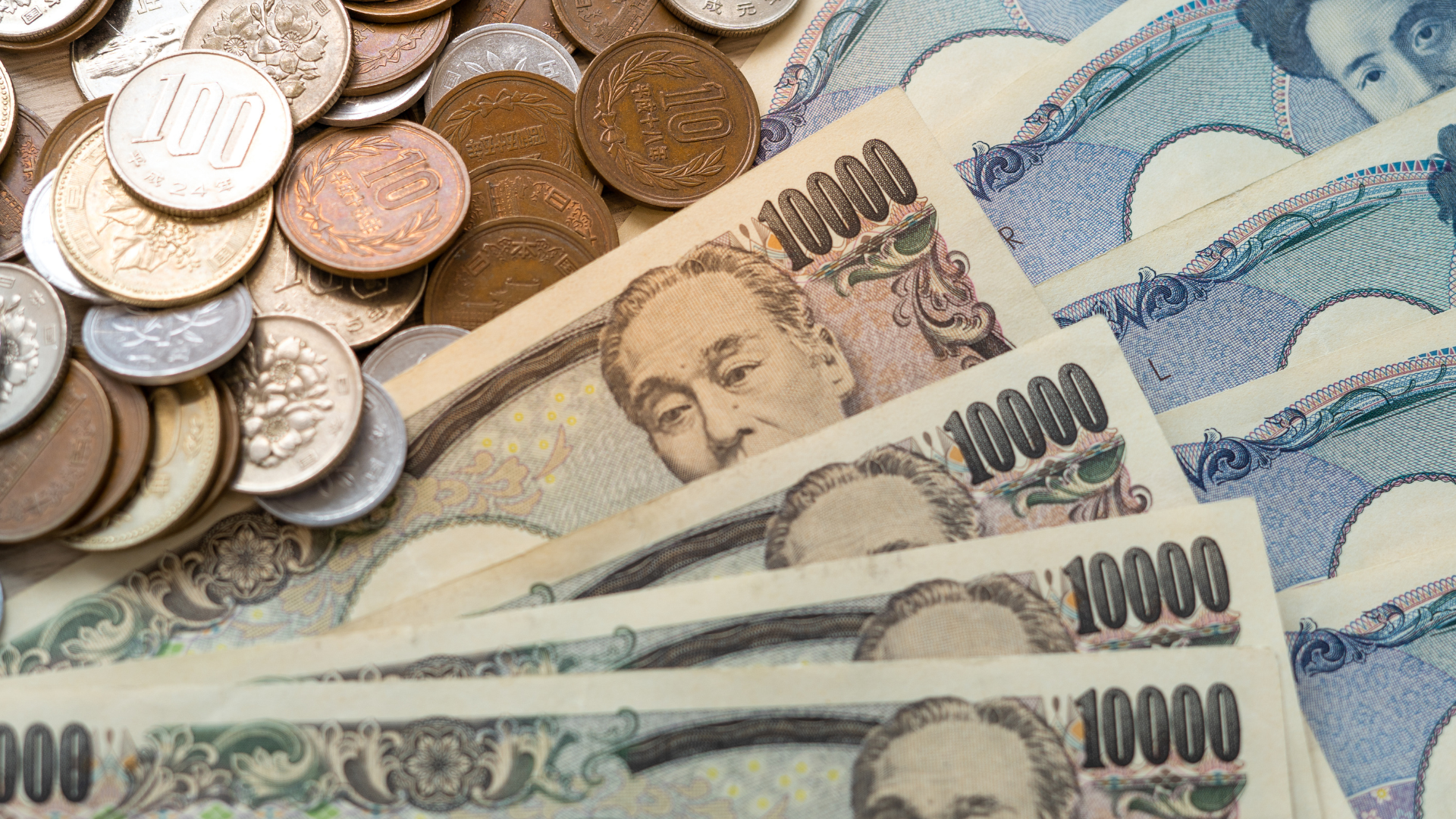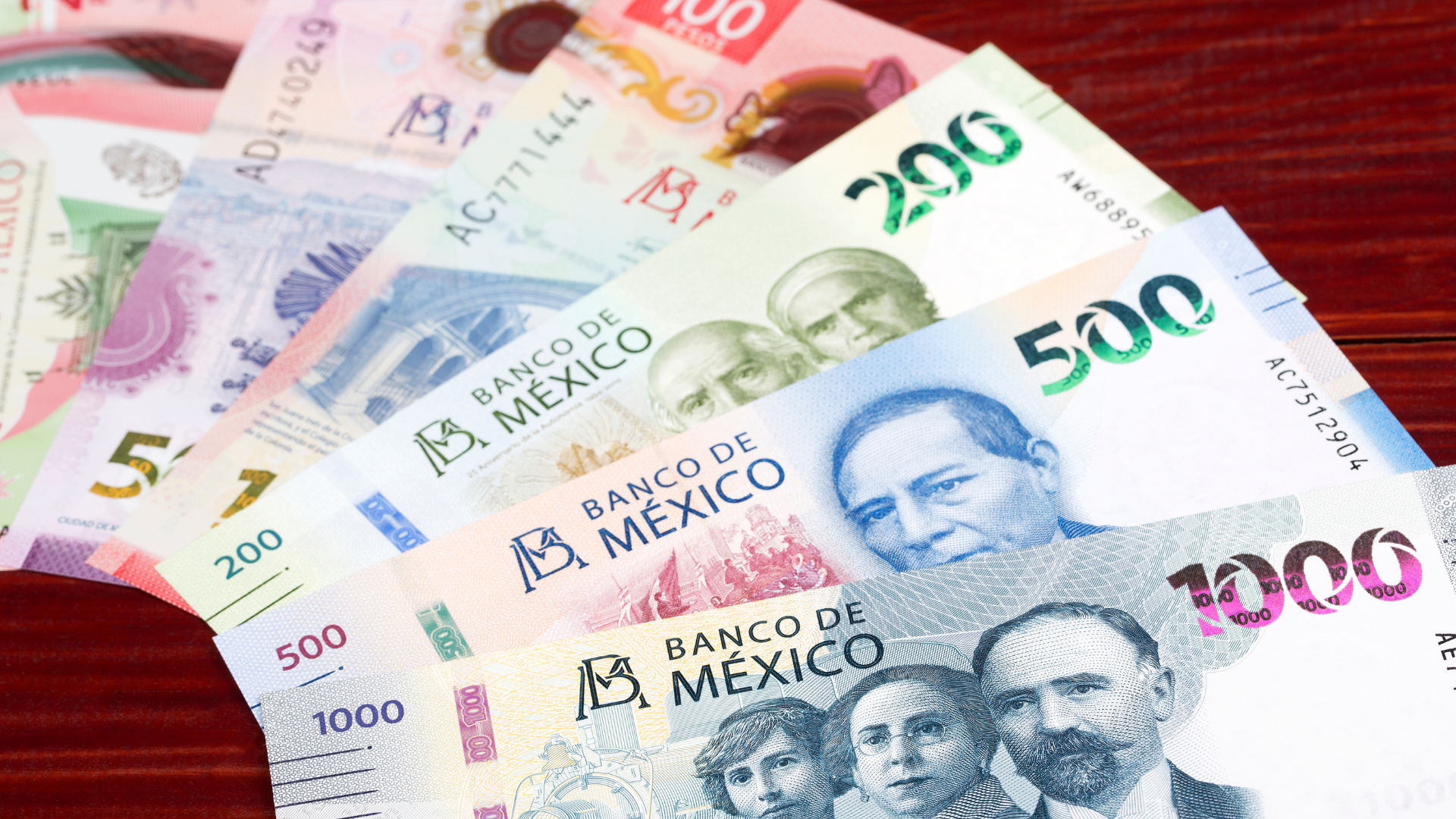The Japanese Yen weakened as investors shifted away from safe-haven assets following former President Donald Trump’s announcement to delay planned tariffs. This move eased global trade tensions, prompting a risk-on sentiment that reduced demand for traditionally stable currencies like the yen.
Market analysts observed that the delay in tariffs provided temporary relief to equity markets, boosting investor confidence and increasing appetite for riskier assets. As a result, the yen, often viewed as a hedge during economic uncertainty, saw a notable decline against major currencies.
The currency’s downturn reflects broader shifts in global markets, where easing trade concerns have led to capital flows away from safe-haven assets. Analysts note that unless new geopolitical risks emerge, the Japanese Yen may continue to face downward pressure in the short term.
Despite this trend, some investors remain cautious, suggesting that the underlying trade issues between the U.S. and key partners could resurface, potentially reigniting demand for safe-haven currencies. For now, however, the delay has provided a temporary reprieve for global markets, shifting the spotlight away from the yen.
In response to the developments, bond yields in key markets rose, further diminishing the yen’s appeal. As risk sentiment stabilizes, the Japanese Yen’s performance will likely hinge on future trade negotiations and geopolitical developments.






















